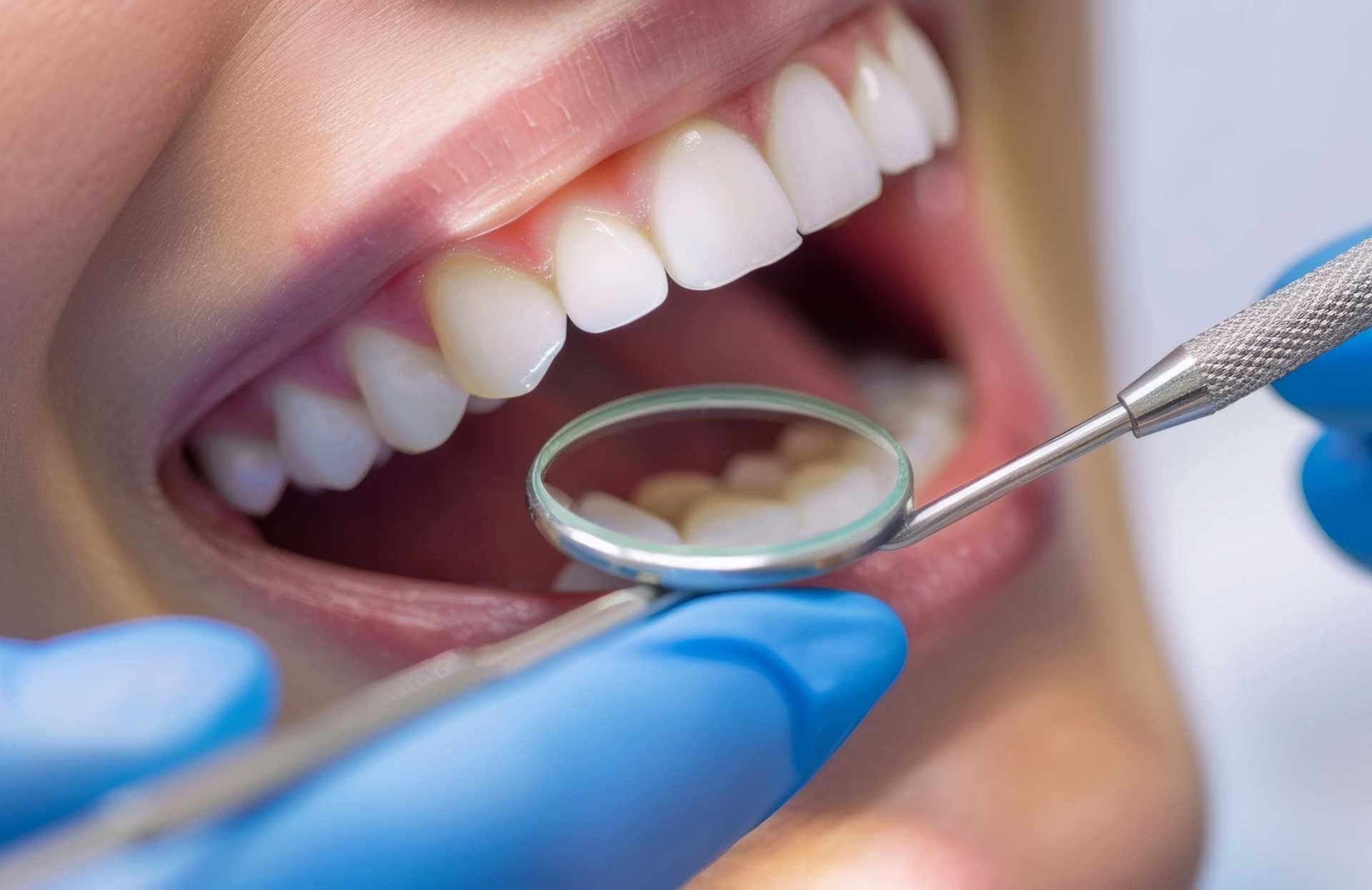Scaling & Root Planing

Summarize with AI
Restore Your Smile With Scaling & Root Planing
Scaling and Root Planing is a non-surgical procedure used to treat a stage of gum disease called Periodontitis. This treatment involves removing bacterial tartar and plaque from above and below the gum line in order to slow the progression of the disease. Scaling focuses on cleaning the tooth surfaces, while root planing smooths out the roots of the teeth to remove infected tooth structure and help healthy gum tissue reattach to the teeth.
What To Expect
Before the Procedure
Before your scaling and root planing at Gentle Dental, you will have a comprehensive oral examination and X-rays to assess the extent of gum disease. Your dentist will explain the procedure, discuss any concerns, and may prescribe antibiotics if needed. The treatment might be divided into multiple appointments, typically focusing on one quadrant of your mouth at a time.
During the Procedure
During the procedure, your dentist or hygienist will numb the area with a local anesthetic to ensure your comfort. They will use specialized instruments to carefully remove plaque and tartar from your teeth, both above and below the gum line. They will smooth out the roots of your teeth to eliminate rough spots and remove any infected tooth structure. The treated area will be rinsed to remove debris. The team at Gentle Dental will prioritize your comfort and work at a pace that suits you.
After the Procedure
After the procedure, you might experience some mild discomfort and sensitivity. Your dentist or hygienist will provide specific post-operative instructions, including managing any discomfort with pain medications and guidelines for oral care. You may need to use an antimicrobial mouthwash and avoid eating or drinking anything too hot or cold. Stick to a soft diet to avoid irritating the treated area.
Recovery
The initial recovery period lasts about a few days to a week. During this time, sensitivity and discomfort should gradually subside. You will have follow-up appointments with your dentist or hygienist to monitor healing and assess the effectiveness of the procedure. Maintaining good oral hygiene practices is crucial to prevent further gum disease. Your dentist may recommend additional treatments or lifestyle changes to maintain your long-term oral health.
Do I Need Scaling or Periodontal Scaling and Root Planing?
Scaling may be recommended for patients with Gingivitis, the only reversible stage of gum disease. Patients with Periodontitis have lost bone around their teeth and will require Periodontal Scaling and Root Planing in order to slow the progression of the condition. The decision to perform scaling, root planing, or both is often suggested when regular dental cleanings are no longer sufficient to manage gum disease. Candidates for scaling and root planing typically include:
- Patients with early to moderate periodontal disease
- Those with deep gum pockets (usually 4mm or deeper)
- Individuals with visible tartar buildup below the gum line
- People experiencing persistent gum inflammation or bleeding
- Patients with receding gums
- Those who haven't responded well to regular dental cleanings
- Individuals with chronic bad breath related to gum disease
- Smokers or those with a history of smoking (as they're at higher risk for gum disease)
- Patients with certain systemic health conditions that affect gum health (e.g., diabetes)
- Those who haven't had a professional dental cleaning in a long time

Enhance Your Smile
Frequently Asked Questions
Is scaling and root planing painful?
How long does the procedure take?
The duration varies based on the condition of your mouth, but typically each quadrant takes 30-45 minutes. Your dentist or hygienist may treat your mouth in one visit or split it into multiple appointments.
Will my insurance cover scaling and root planing?
How often do I need to have scaling and root planing done?
Every patient has different periodontal treatment needs. Your hygienist and/or dentist will consistently assess your gum health at each maintenance visit and will let you know if you need any additional medications, therapies, or procedures to treat your periodontal condition.